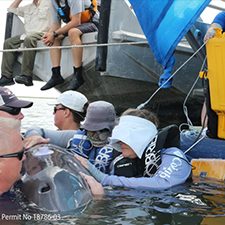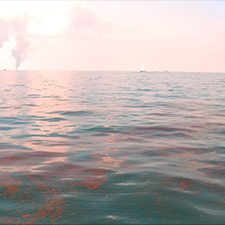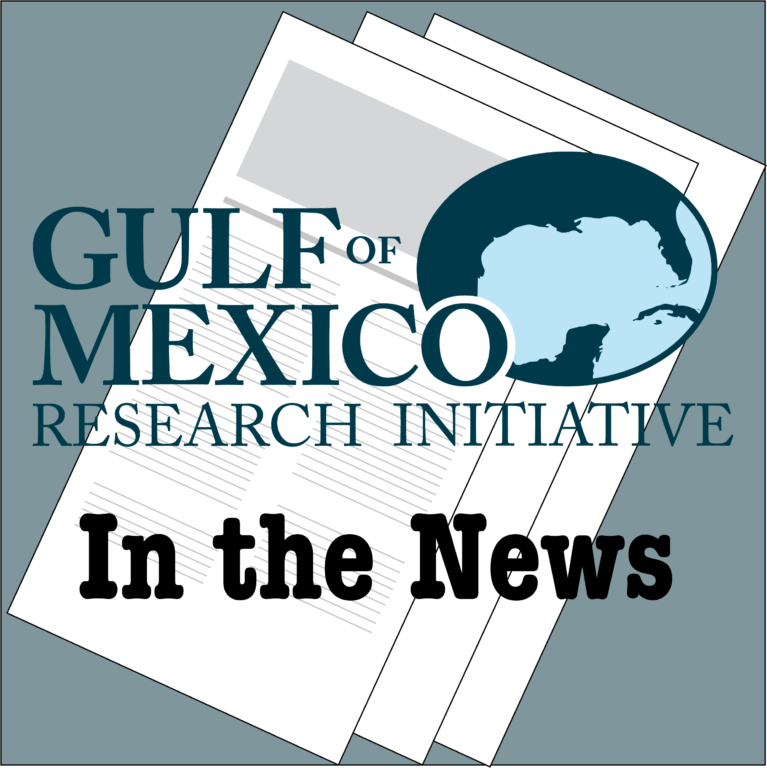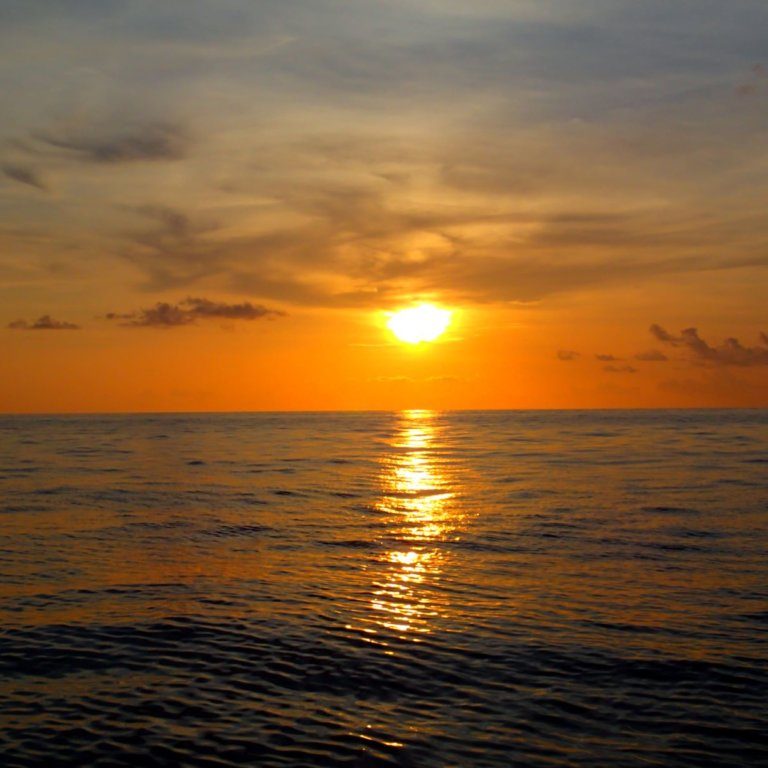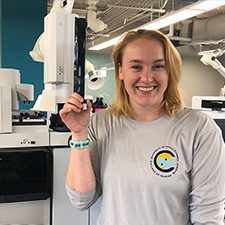Marine Mammal Researchers Chronicle a Decade of Assessments Since Deepwater Horizon
The National Marine Mammal Foundation (NMMF), who leads the Consortium for Advanced Research on Marine Mammal Health Assessment (CARMMHA), published a special article marking the 10th anniversary of Deepwater Horizon.

